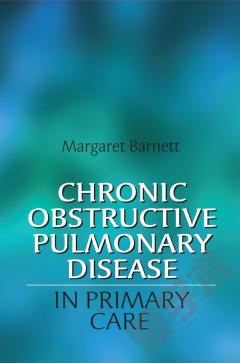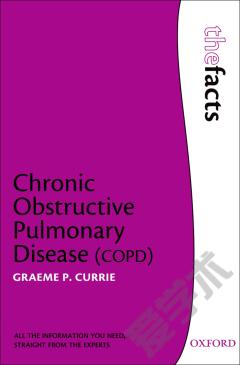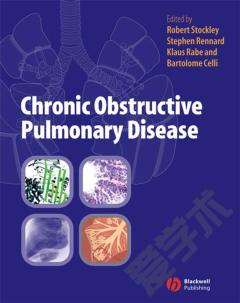Integrated End of Life Care in Chronic Obstructive Pulmonary Disease
Chronic obstructive pulmonary disease (COPD) is the major worldwide cause of mortality that is increasing in prevalence. COPD is incurable. Compared to patients with cancer, patients with COPD experience similar symptoms. When these patients do receive palliative care (PC), they tend to be referred later than patients with cancer. The main factors include COPD’s illness trajectory, misperceptions about PC among patients and physicians, and lack of advance care planning (ACP) outside of crisis situations. A new paradigm for PC would introduce palliative treatments alongside disease-modifying interventions. This integrated approach would circumvent the issue of difficult prognostication in patients suffering from COPD, as any patient would receive individualized integrated palliative interventions from the time of diagnosis. This book discusses the challenges in providing PC to COPD patients, potential strategies to mitigate the challenges, management of common symptoms, and the latest evidence for integrated PC models. This book illuminates glaring issues in our healthcare system and proposes routes of action to take in order to improve the lives of patients.
{{comment.content}}








 京公网安备 11010802027623号
京公网安备 11010802027623号